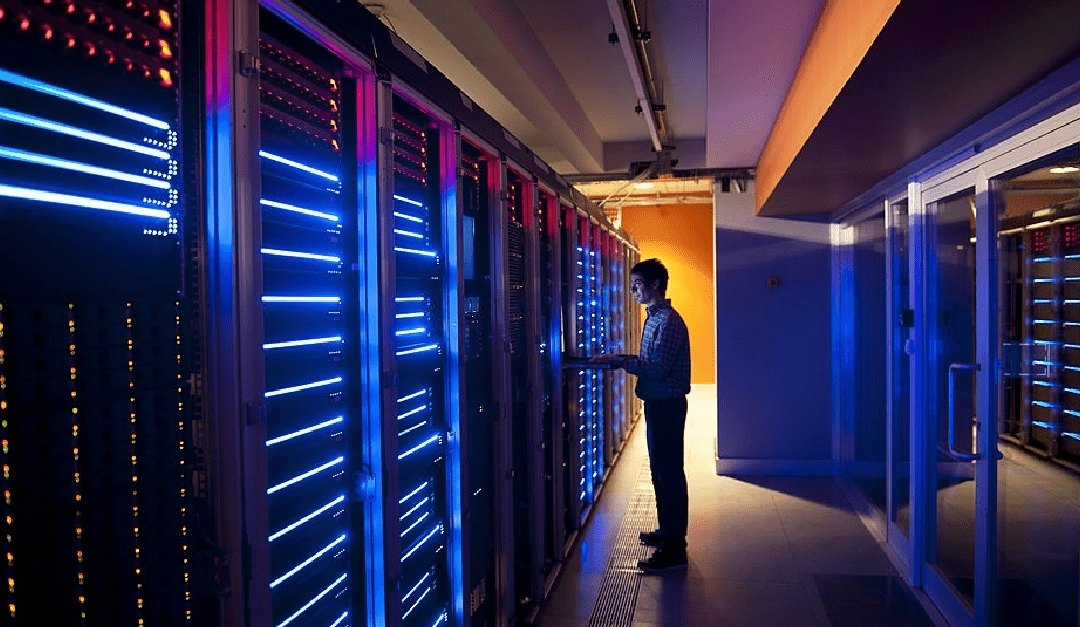
Server Colocation And How Will It Work For You?
Colocation (quite often known as “colo”) is the method of renting space for the servers and other computer hardware at a third-party provider’s data center facility. Colocation facilities usually involve the places where everything is stored and networked, physical protection, backup power, HVAC (heating ventilation and cooling), constant support for client’s servers, and storage.
Now moving to server colocation, the server remains with the clients but it is stored, managed, and controlled by the Managed Service Provider or cloud service provider. The client or organization accesses the server over the Internet or on a Virtual Private Network connection. Using advanced IT support services on key IT services is the primary goal behind server colocation.
What are the 5 W’s of Server Colocation?
Why – Why is Server Colocation needed? Instead of building a new data center, corporations can use the space in a colocation facility to expand their existing data center.
Who – Who uses Server Colocation? The answer is simple, companies and individuals consider server colocation since it offers a stable base to create safe systems that conform to the applicable regulatory frameworks, which are either not feasible or incredibly expensive with other infrastructure hosting modalities.
What – What do we know about different types of Server Colocation? Single server Colocation is for U servers, tower servers, and PCs; partial racks come in rack increments of 1?4, 1/3, and 1?2. Usually, full racks and cabinets are 42 to 48U in size; private cage placement usually comes at increments racks of 2, 4, 8, and 10 and at last for larger businesses looking for more space with custom features such as office space, disaster recovery space, custom private cages, and custom suites are also an option.
Where – Where to find Server Colocation? You can find it anywhere in this whole wide world! UnitedLayer provides the best solutions for your business from Los Angeles, Las Vegas, and San Francisco and can support any expansion through its 13 data centers spread across 5 continents. Check out our website to find out more!
When – When will you need a Server Colocation? Did you outgrow your new server room? Have you encountered power problems or Internet downtime at your data center in your office? If the answer is yes, then it’s time for you to look into UnitedLayer.
Build a more productive and highly available IT architecture with hundreds of providers inside the facilities, including SDNs, global carriers, subsea networks, metro providers, and more, access to your choice with us. We provide highly skilled and certified professionals who would be an extension of the IT company. Smart hand and Remote hands 24×7×365 and mechanical & electrical monitoring.
Visit us at UnitedLayer to learn more about the different services offered and how you can get the best out of them.





